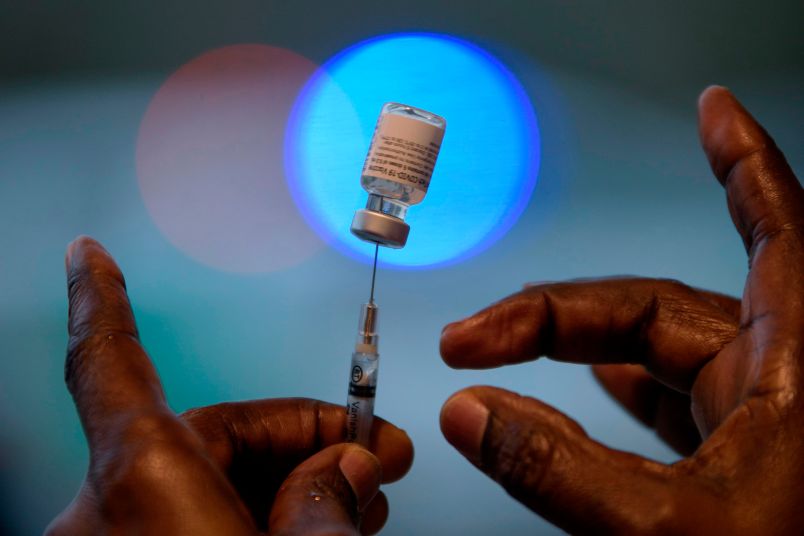We got two key announcements yesterday in the on-going story of mRNA vaccine efficacy and the Delta variant.
Pfizer announced that it plans to seek regulatory approval in August for a COVID vaccine booster shot. A very preliminary trial (a couple dozen people) provided such clear evidence of increased efficacy from a booster shot that the company said it’s highly confident of what a more extensive trial will show. Specifically the announcement reported “high neutralization titers against the wild type and the Beta variant, which are 5 to 10 times higher than after two primary doses.”
To be clear, this is not a new vaccine. This is approval to administer third doses of the same Pfizer mRNA vaccine many of us have already received two doses of. But in addition to that announcement the company also announced that they have developed a new version of the vaccine specifically targeting the Delta variant. They have already manufactured the first batch of this new version and plan to begin testing it in next month.
This gets to a key issue about the mRNA vaccines. Fine tuning them is a relatively simple process and the regulatory context is very different for modified versions of the vaccine. Remember that the vaccines which have proven so transformative in 2021 were actually developed and produced within weeks of the onset of the COVID pandemic back in early 2020. But even on an extremely expedited timetable it took most of a year to do the testing – both for safety and efficacy – required to get those shots in people’s arms.
The testing required on one of these tweaked versions of the vaccine should be more on the order of a couple months. Basically in an mRNA vaccine scientists write what amounts to genetic code to mimic a part of the target virus – in the case of the COVID vaccine the so-called ‘spike protein’. They then put this code into a vaccine vehicle that gets injected into your arm. If the target virus evolves and changes what it looks like to your immune system it’s just a matter of rewriting that bit of genetic code, slipping it into the same vaccine vehicle and you’re good to go. The amount of testing required – as much a regulatory as a clinical issue – is dramatically reduced. In other words, given adequate production capacity it should be possible to produce new vaccine versions on a pretty fast clip to keep up with whatever new variants come up.
At the end of the PFizer statement they conclude: “Based on the totality of the data they have to date, Pfizer and BioNTech believe that a third dose may be beneficial to maintain the highest levels of protection.” But overnight the FDA and CDC said that they don’t think boosters are necessary just yet. In a joint statement the two agencies said: “We are prepared for booster doses if and when the science demonstrates that they are needed.”
This ambivalence is mirrored in Israel where public health authorities are considering but have not yet signed off on third doses to increase population immunity.
Reading between the lines I get the sense that the CDC and FDA see boosters, for the moment, as a solution in search of a problem when the overwhelming threat to public health remains the fact that half the population in the US still hasn’t gotten any vaccine.
There’s probably also a desire to keep the tempo of key public health decisions in their hands rather than being driven by a private company.






